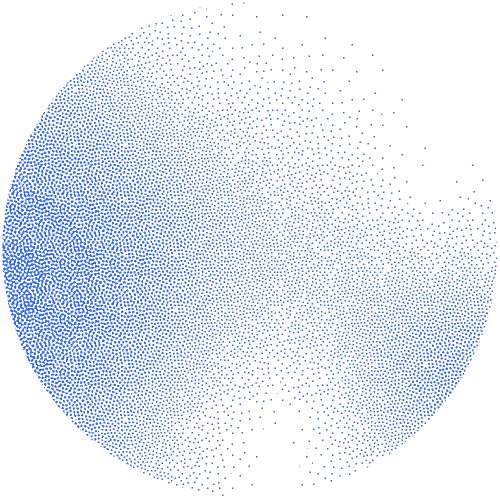ATGCCGGAATTGGCACATAACAAGTACTGCCTCGGTCCTTAAGCTGTATTGCACCATATGACGGATGCCGGAATTGGCACATAACAAGTAC
TGCCTCGGTCCTTAAGCTGTATTGCACCATATGACGGATGCCGGAATTGGCACATAACAACGGTCCTTAAGCTGTATTGCACCATATGACG
GATGCCGGAATTGGCACATAACAAGTACTGCCTCGGTCCTTAAGCTGTATTTCGGTCCTTAAGCTGTATTCCTTAACAACGGTCCTTAAGG
ATGCCGGAATTGGCACATAACAAGTACTGCCTCGGTCCTTAAGCTGTATTGCACCATATGACGGATGCCGGAATTGGCACATAACAAGTAC
TGCCTCGGTCCTTAAGCTGTATTGCACCATATGACGGATGCCGGAATTGGCACATAACAACGGTCCTTAAGCTGTATTGCACCATATGACG
GATGCCGGAATTGGCACATAACAAGTACTGCCTCGGTCCTTAAGCTGTATTTCGGTCCTTAAGCTGTATTCCTTAACAACGGTCCTTAAGG


Good practices for reproducible NGS analysis



12 May 2017



For-profit: 0 CHF

No future instance of this course is planned yet
Overview
Next generation sequencing (NGS) technologies have resulted in a big deluge of data. Researchers are learning that analysing such data is becoming the bottleneck in their work. Whether well-established analysis pipelines or new ones are used, all analysis steps should be repeatable and any changes made to the data should be recorded so that the provenance of the results is clear and inferences are reproducible.
This once-day course will focus on best practices of reproducibility in the analysis of data obtained by NGS, from the computational point of view.
The following topics will be discussed:
- reproducibility of research results in an evolving informatics and computational environment
- reproducibility issues specific to NGS analysis
- free available tools which could help in improving reproducibility of NGS analysis
- Galaxy: an example of integrated environment for reproducible NGS analyses
Audience
This course is addressed to researchers concerned by the reproducibility of their NGS analysis results.
Learning objectives
At the end of the course participants should:
- know the main issues related to the reproducibility of computational analysis
- choose within a list of tools, the ones more suited to improve reproducibility of NGS analysis results
- run a simple workflow with Galaxy
Prerequisites
Knowledge / competencies:
Participants should be familiar with Next Generation Sequencing (NGS) analysis techniques and software.
Technical:
Participants should bring their own laptop.
Application
The registration fees for academics are 50 CHF. This includes course content material and coffee breaks. Participants from non-academic institutions should contact us before application.
Deadline for registration and free-of-charge cancellation is set to May 12. Cancellation after this date will not be reimbursed. Please note that participation to SIB courses is subject to this and other general conditions, available at https://www.sib.swiss/training/terms-and-conditions.
You will be informed by email of your registration confirmation.
Location
University of Lausanne, Génopode building, classroom 2020 (Metro M1 line, Sorge station).
Additional information
The course will be taught by Paolo Angelino and coordinated by Diana Marek.
You are welcome to register to the SIB courses mailing-list to be informed of all future courses and workshops, as well as all important deadlines using the form here.